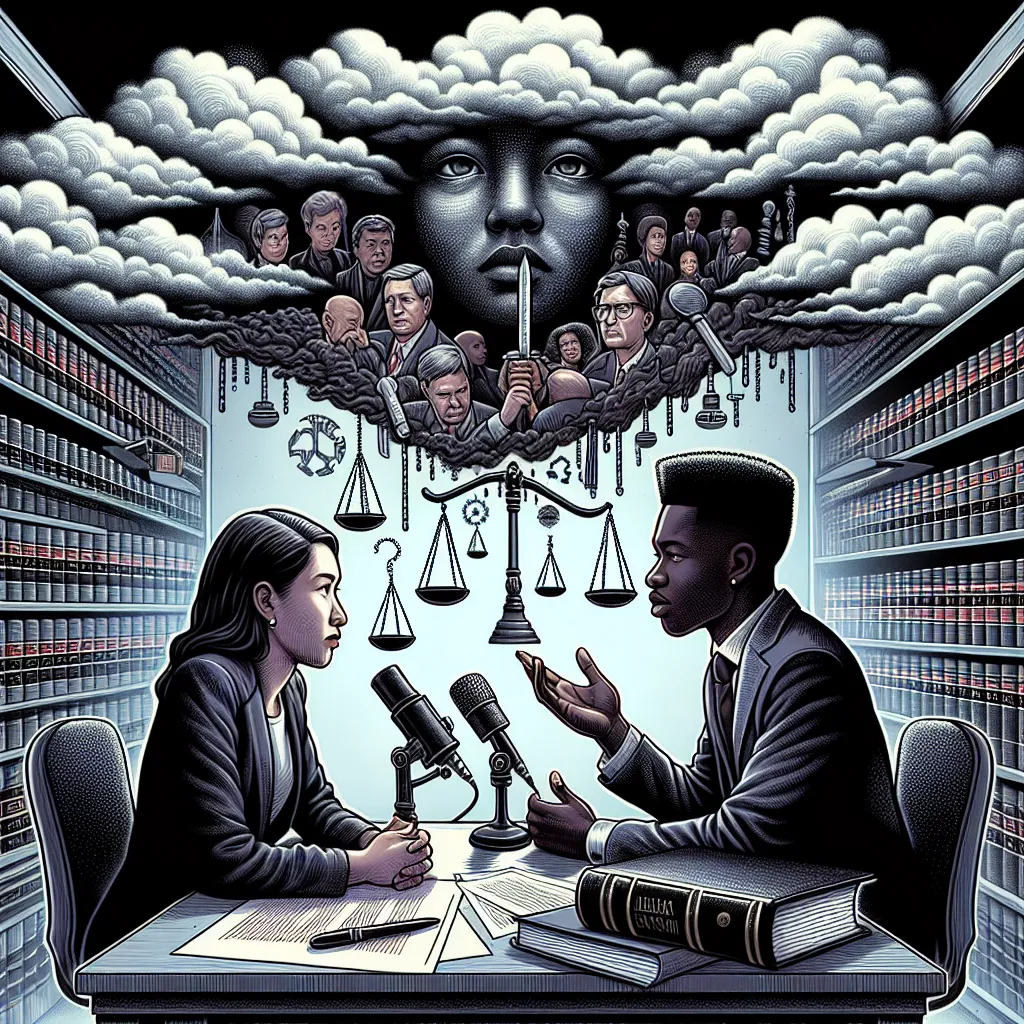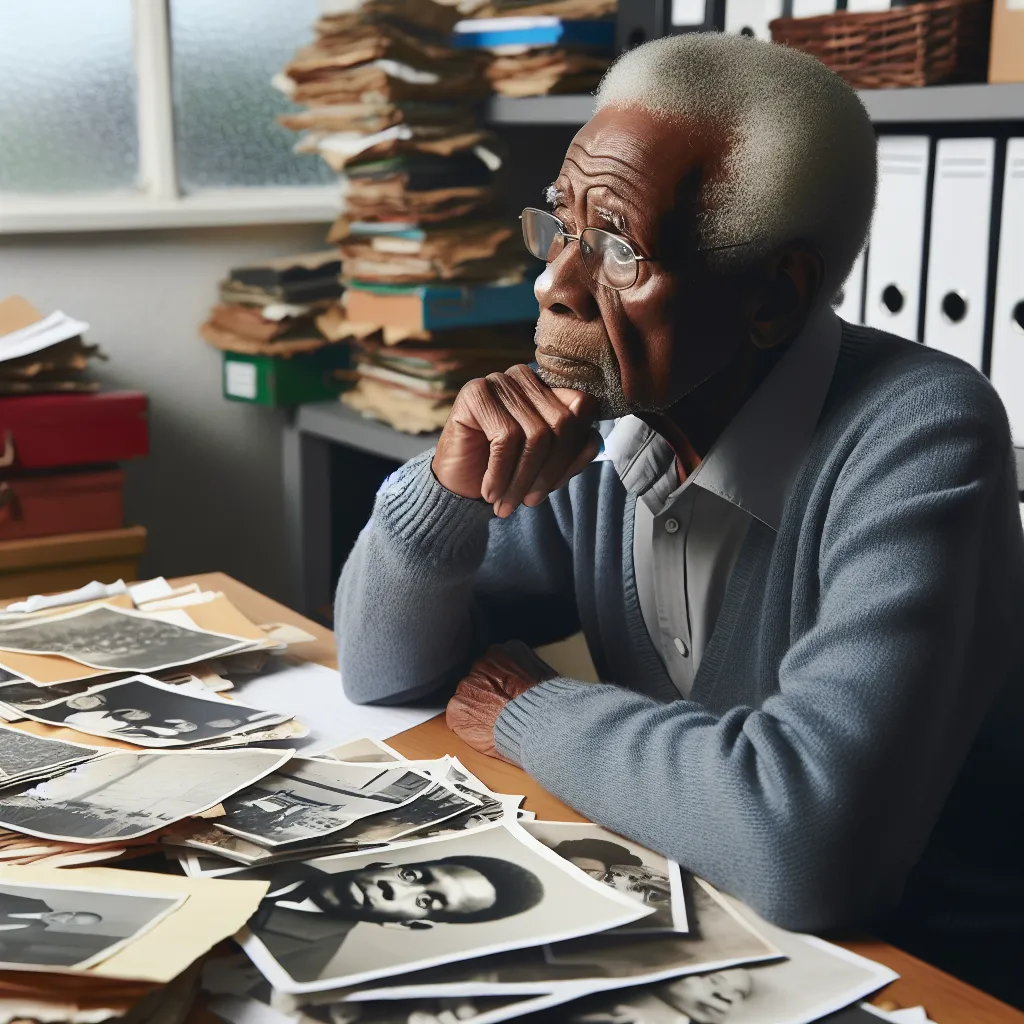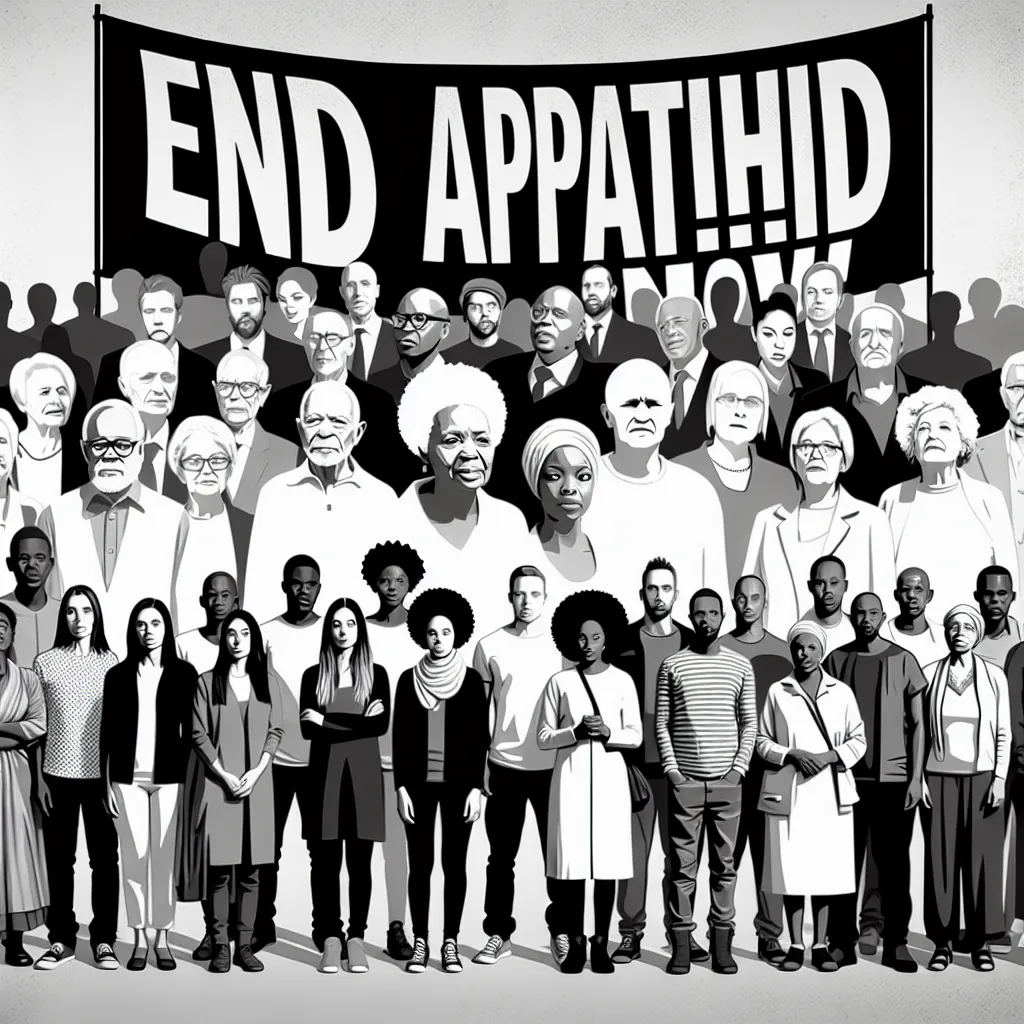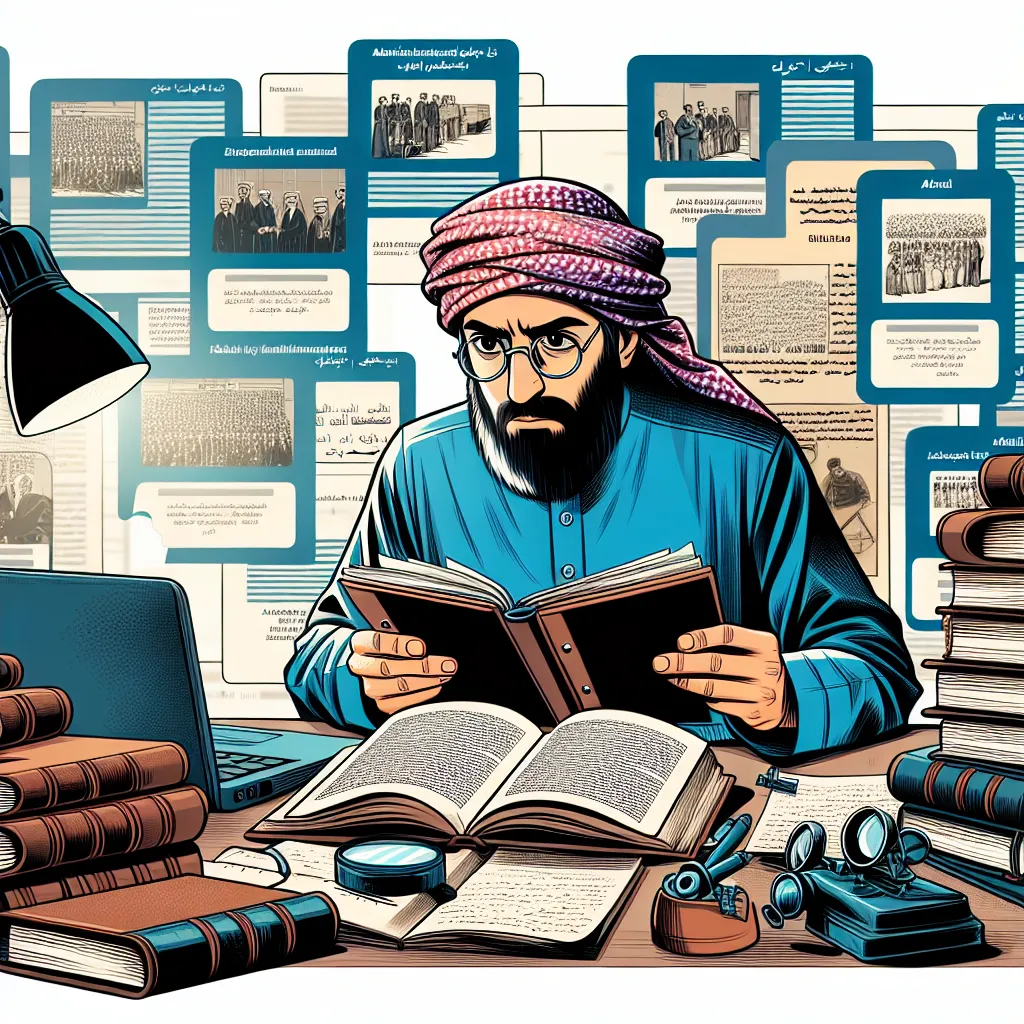Ask AI on The Internet
Question: Key Question: How did apartheid affect people’s lives and how did they respond? The project consists of two parts: • A written research task on one apartheid law • An oral history task in which you interview a person. Written research 1. Decide which apartheid law you are going to research [for example: Bantu Education Act; 2. Make use of reliable internet sites/books to research your law. 3. Write down the details of where you found your information for your bibliography. Research Essay: Introduction: State which law you have researched and the reason why you chose this issue. Body of evidence: a) When was the law passed or implemented? Why was the law passed? b) What changed were put in place after the law was implemented? c) What attitudes did people have towards the law? Conclusion: Why do you think this law or issue is interesting or important to know about today? Write a bibliography: 1) Title of Article: ____________________________________________________ Title of Website:___________________________________________________ Author: ________________________________________ Date of Publication: ________________________________________________ Date Accessed: ________________________________________ Publisher: _______________________________________ Page Numbers Used (If applicable): __________________ 2) Title of Article: ____________________________________________________ Title of Website:___________________________________________________ Author: ________________________________________ Date of Publication: ________________________________________________ Date Accessed: ________________________________________ Publisher: _______________________________________ Page Numbers Used (If applicable): __________________ Oral History Interview: Find out more about the law you researched from someone whose life was affected by it. Briefly explain why you chose this person. Ask the interviewee the following questions. Write down short answers. 1)When were you born? 2)Where did you grow up? 3) How did this law (e.g. Separate Amenities Act) affect you? 4) How did you respond to this law? 5) Why did you choose to respond in this manner? 6) How do you feel now that this law (Separate Amenities Act) in so longer a law in South Africa? Using the information, you gathered from your research and the interview, write an essay about the person who was interviewed. Focus on how he/she was affected by the law or issue and how he/she responded to it. Comment on your own reflections on the experience of doing the project. [What was interesting? How has it made you rethink your own views?] Your project will be marked according to this rubric: Level 7 Outstanding Level 6 Meritorious Level 5 Substantial Level 4 Adequate Level 3 Moderate Level 2 Elementary Level 1 Not Achieved Articulate, insightful, well expressed, accurate and appropriate content Well expressed, clear; accurate and appropriate content Good expression; clear; could have more content; good understanding Some errors in expression; some good content; but little understanding Errors in expression; could have more content; not much understanding Poor expression; content inadequate; No understanding of the issues; some areas incomplete Incomplete; no understanding shown; poor or inaccurate expression and content Research essay (20) 20-16 15-14 13-12 11-10 9-8 7-6 5-0 Bibliography (3) 3 2 1 0 Person chosen (3) 3 2 1 0 Essay about the person you interviewed (20) 20-16 15-14 13-12 11-10 9-8 7-6 5-0 Self -reflection (4) 4-3 2 1 0 Total: ______/50
### Research Essay #### Introduction: For this project, I have chosen to research the Bantu Education Act. I selected this issue because it had a profound impact on the quality of education available to black South Africans during the apartheid era, creating lasting effects that have influenced the country’s social and economic landscape. #### Body of Evidence: **a) When was the law passed or implemented? Why was the law passed?** The Bantu Education Act was passed in 1953 and implemented the following year in 1954. The legislation was introduced by the apartheid government to institutionalize racial segregation in education. Its primary intent was to provide a different curriculum for black South Africans that would prepare them for a life of subservience and manual labor, fitting within the apartheid ideology of racial hierarchy. **b) What changes were put in place after the law was implemented?** After the Bantu Education Act was implemented, numerous changes were enforced: 1. Control over black education was shifted from missionary schools to the government. 2. Funding for black schools was significantly reduced, resulting in poor infrastructure, overcrowded classrooms, and a shortage of qualified teachers. 3. The curriculum was designed specifically to limit black students to basic vocational training and to indoctrinate them with the beliefs of racial inferiority. 4. Black students' educational opportunities were strictly separated and considerably inferior compared to those available to white students. **c) What attitudes did people have towards the law?** The Bantu Education Act was met with widespread opposition from the black community, educators, and activists. Some black parents boycotted schools in protest, and organizations like the African National Congress (ANC) and South African Student Association (SASA) campaigned vigorously against the Act. Additionally, there were frequent protests and strikes by students who refused to accept the substandard education offered to them. #### Conclusion: Studying the Bantu Education Act is essential to understand how racial inequality was systematically enforced through legislation. It highlights the long-term consequences of educational segregation and gives insight into the resilience and resistance of those who fought against such unjust policies. It also serves as an important reminder of why it's crucial to ensure equal access to quality education for all in today's society. #### Bibliography: 1) Title of Article: The Impact of the Bantu Education Act Title of Website: South African History Online Author: Unspecified Date of Publication: Unspecified Date Accessed: 2023-10-17 Publisher: South African History Online Page Numbers Used (If applicable): Unspecified 2) Title of Article: Bantu Education Act (1953) Title of Website: Encyclopaedia Britannica Author: The Editors of Encyclopaedia Britannica Date of Publication: Unspecified Date Accessed: 2023-10-17 Publisher: Encyclopaedia Britannica Page Numbers Used (If applicable): Unspecified ### Oral History Interview: #### Briefly explain why you chose this person: I chose to interview Mr. John Mzimba, a retired teacher who lived through the implementation of the Bantu Education Act. His first-hand experience and subsequent career in education provide valuable insights into the direct impacts of the law. #### Interview Questions: 1) **When were you born?** *I was born in 1943.* 2) **Where did you grow up?** *I grew up in a township near Johannesburg.* 3) **How did this law (e.g., Bantu Education Act) affect you?** *It meant that despite my dreams and ambitions, I was forced to attend poorly funded schools where the education was severely lacking compared to white schools.* 4) **How did you respond to this law?** *I joined student protests, although they were risky. I also became involved in community organizing to advocate for better educational opportunities.* 5) **Why did you choose to respond in this manner?** *I believed that all children deserved a quality education and opportunities to succeed, regardless of their race.* 6) **How do you feel now that this law is no longer in effect in South Africa?** *I feel proud of the progress that has been made, but I also recognize that the effects of the Bantu Education Act are still felt today. There is much work to be done to ensure true educational equality.* #### Essay About the Interviewed Person: Mr. John Mzimba provides a poignant account of life under the Bantu Education Act. Born in 1943, he was directly affected by the 1953 legislation that enforced racially segregated and inferior education for black South Africans. Growing up in a township near Johannesburg, Mr. Mzimba experienced the stark contrast in schooling quality compared to his white counterparts. Classrooms were overcrowded, resources were scarce, and the curriculum limited black students to menial, vocational training. In response to this oppressive system, Mr. Mzimba became involved in student protests and community efforts to fight for better educational opportunities. His resistance was driven by a deep-seated belief in educational equality for all children. This advocacy laid the groundwork for a lifetime dedicated to improving education, which he did through his career as a teacher. Now retired, Mr. Mzimba reflects on the progress South Africa has made since apartheid. While he feels a sense of pride, he acknowledges that the legacy of the Bantu Education Act still challenges the nation. The interview reveals not only the personal impact of such laws but also the enduring struggle for equal education in post-apartheid South Africa. ### Self-Reflection: This project has been profoundly enlightening. The Bantu Education Act's repercussions highlighted how deeply systemic inequality can affect successive generations. Interviewing Mr. Mzimba provided a human face to historical facts, making the consequences more relatable and compelling. It has made me more appreciative of educational equity and aware of the importance of addressing past injustices to pave the way for a fairer future.
Think your answer is better than the AI's? Post it below.
Question Tags
If you want your question answered by an AI, click here.







Post your own comment: